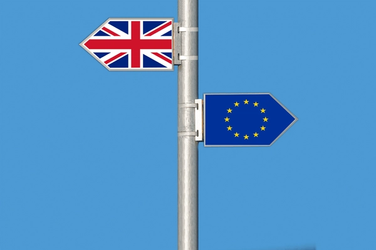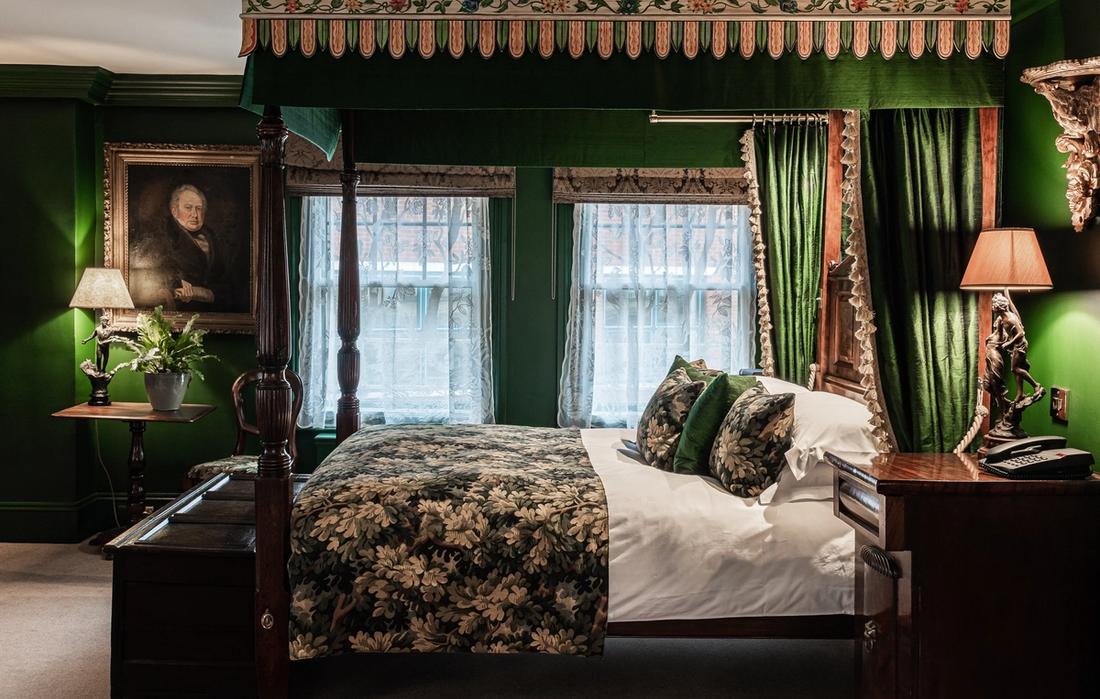The Good Hotel Guide is the leading independent guide to hotels in Great Britain & Ireland, and also covers parts of Continental Europe. The Guide was first published in 1978. It is written for the reader seeking impartial advice on finding a good place to stay. Hotels cannot buy their way into the Guide. The editors and inspectors do not accept free hospitality on their anonymous visits to hotels. All hotels in the Guide receive a free basic listing. A fee is charged for a full web entry.
The Good Hotel Guide
About Us
Independent
Recommended
Trusted
Independent
Recommended
Trusted

Brexit cock-ups and lies
All blog posts
3 minutes
9 Dec 2017
Brexit cock-ups and lies
All blog posts
3 minutes
9 Dec 2017
By Adam Raphael

If you view life as a series of cockups, you will rarely be disappointed. Brexit, however, is in a class of its own. Last week’s deal on the Irish border is a diplomatic fudge which avoids hard answers. The reality of how we leave the EU has still to be played out. But even if in the highly unlikely event that negotiations on a new trade deal go smoothly, the outcome will be damaging. The truth is that we have voted to become poorer.
The government, which is totally split, has yet to face up to the choice between continued free trade with the EU requiring EU regulation or a limited Canada-style deal requiring hard borders. So far, all we have seen is a series of retreats by British ministers as they scramble to keep the EU talks on track by one concession after another. Who would have thought that our European exit fee would be in excess of £40 billion, an outcome rightly described as ‘a drive-by shooting’ by the former permanent secretary to the Treasury, Nick Macpherson. There were many lies told by Brexiteers during the referendum campaign, but two of the more blatant were that leaving the EU would be a cake walk and that our European partners would be desperate to sign a deal.
So far as hotels in UK destinations are concerned, the picture is admittedly mixed. The sharp decline in the pound should encourage native Brits to holiday at home and will also help attract foreign tourists to come to the UK. Against that, many hotels are running into staffing problems which will become critical as the supply of skilled European staff dries up. Costs are increasing in line with the accelerating prices of imported foods and goods. Hotels will be under pressure to raise rates. But the most important determinant of the industry’s future is the state of the economy. And here the signs are worrying.
The recent budget downgraded future growth to 1.3% with real wages expected to be stagnant for the next 20 years. Inflation is rising at the fastest rate for six years. These grim forecasts assume a relatively soft Brexit. If we were to dive over the cliff, the consequences would be worse. According to Oxford economics, a hard Brexit would result in a cumulative fall of 2% in Britain’s GDP within three years, roughly equivalent to £40 billion. Who will be worst affected. It will be the poor, many of whom voted for Brexit.
Major companies have already shifted from contingency planning to moving jobs and cutting recruitment. According to the CBI, one in ten companies has already started implementing emergency Brexit plans. In the absence of an agreement on a transitional deal, this figure will rise to one in three by the end of the year, and more than half by the end of March.
What are the chances of a sensible Brexit? Those in a position to know are not optimistic. Britain’s former EU Ambassador, Sir Ivan Rogers, says that the prime minister’s hopes of securing a quick bespoke trade deal are so ‘unrealistic’ that there is a danger of ‘a car crash’ in the next few months. He predicts that the process of leaving the EU will take at least a decade, and that a new equilibrium in British economics and politics will not be reached until 2030.
If this is correct, British politics could become very ugly. When the promises held out in the referendum are revealed as false, the divisions in the country will become acute. The cries of betrayal will be justified. Living standards face a painful squeeze. Brexit and Remainer factions, no doubt, will blame each other. The two major parties are, and will continue to remain, bitterly divided. I don’t, at present, see a way out of this cock-up. But we Brits have a reputation for pragmatism. It is more needed than ever. The case for a second referendum goes stronger by the day. If we want to become poorer as a nation, so be it, but people should vote on the basis of truth, not lies.


